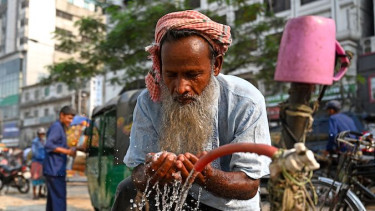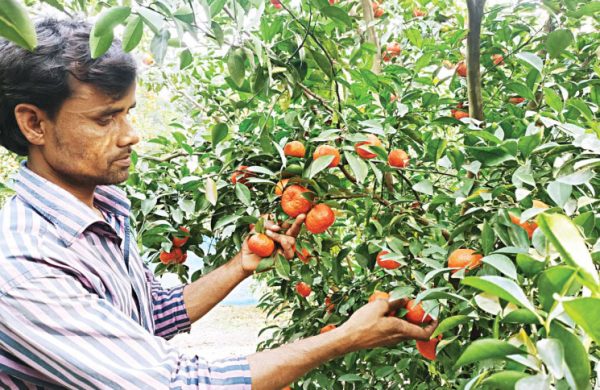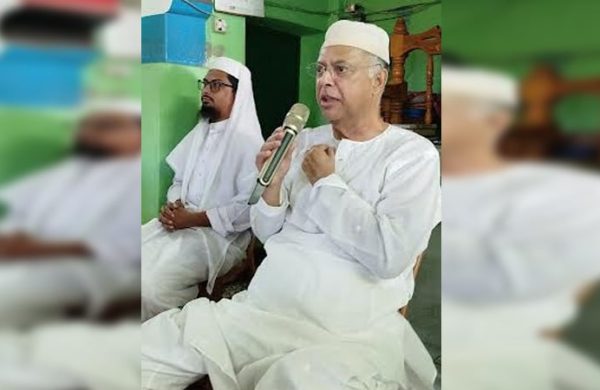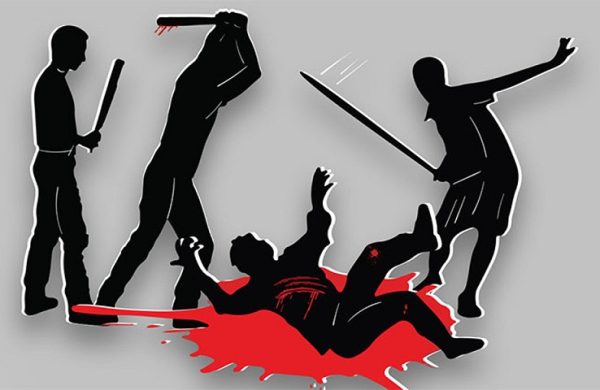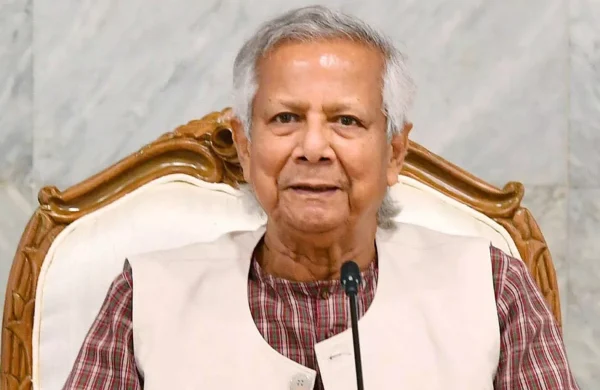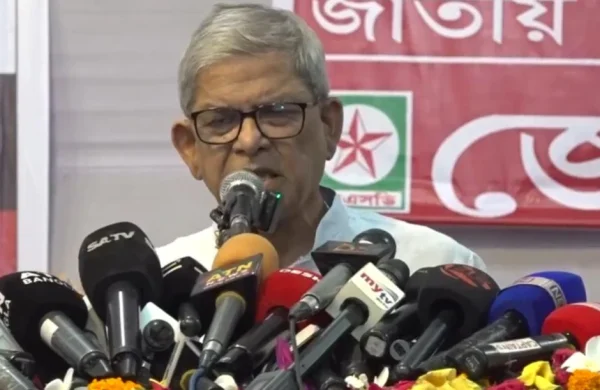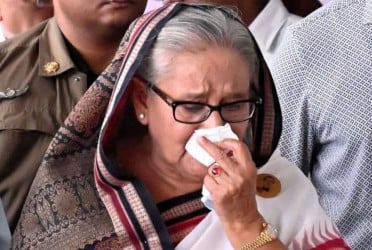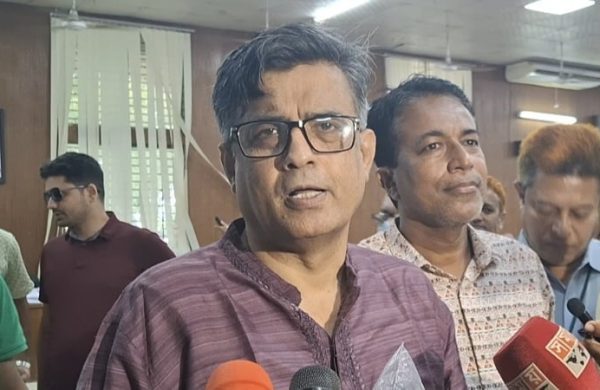Delays, dollar depreciation push up EC4J project cost to Tk 1,264 cr
- Update Time : Friday, October 31, 2025

TDS Desk:
The cost of the Export Competitiveness for Jobs (EC4J) project, designed to boost Bangladesh’s export diversification and employment generation, has ballooned by nearly Tk 159 crore due to prolonged delays in implementation and rising foreign exchange costs.
According to official documents submitted to the Planning Commission, the total estimated cost of the project—implemented by the Ministry of Commerce with World Bank financing—has now been proposed at Tk 1,264.17 crore under its third revision.
Of the total, Tk 1,092.05 crore will come as a project loan from the World Bank’s International Development Association (IDA) while the government’s contribution remains unchanged at Tk 172.12 crore.
This represents a 14.38% increase over the second revised cost of Tk 1,105.27 crore, with the escalation attributed entirely to higher foreign financing requirements.
The latest revision also seeks to extend the project’s completion deadline by one year to June, 2026, marking the third time the timeline has been pushed back since its approval.
The EC4J project was originally approved by the Executive Committee of the National Economic Council (ECNEC) in August, 2017 at an initial estimated cost of Tk 941 crore (GoB Tk 151 crore and IDA Tk 790 crore).
Its first revision, approved in July 2019, increased the cost to Tk 1,012.12 crore and retained the project period up to June 2023.
The second revision, approved in April 2023, raised the allocation to Tk 1,105.27 crore and extended the timeline to June 2025.
The project aims to enhance export competitiveness in four target sectors — leather and leather goods, footwear, light engineering, and plastics — by improving technology, production capacity, and market readiness.
Officials said the need for a third revision stems mainly from delays in constructing two key technology centres under the project — the Centre of Excellence for Engineering and Technology (CEET) at Kaliakoir, Gazipur, and, the Design and Technology Centre for Leather, Leather Goods and Footwear (DTCLF) at Kashimpur, Gazipur.
The construction of these facilities has been hampered by disruptions in the supply of construction materials and a shortage of skilled labour, causing at least six months’ delay in site handover and completion.
The subsequent phases — including procurement, installation, and commissioning of specialised machinery and equipment — have also fallen behind schedule.
Adding to the cost burden, the depreciation of the taka against the US dollar has raised the import cost of machinery and other technical equipment, prompting an upward revision in the machinery procurement estimates.
The revision also includes a higher allocation for the operation and maintenance (O&M) of the two centres to ensure their effective functioning with international technical support.
Although the World Bank’s total credit commitment remains unchanged at US$ 100 million the higher exchange rate has inflated the taka-equivalent cost by nearly Tk 159 crore.
As of June, 2025, cumulative expenditure under the project stood at Tk 611.57 crore, equivalent to 55.33% of the approved allocation and 48.38% of the proposed revised cost.
The physical progress has been reported at 70%, with partial completion of training, technology support, and institutional capacity-building components.
The project has also supported research and development (R&D) grants for export-oriented firms as well as partnerships with international institutions for feasibility studies and technical designs.
Feasibility studies were earlier carried out by Global Development Solutions (GDS), PWC, EY, and CSI, followed by a detailed study by a joint venture of E-Zone HRM Ltd (Bangladesh), IL&FS (India) and TGI (Thailand), which recommended specific land, infrastructure, and machinery plans for the technology centres.
The Planning Commission observed that the project remains crucial for export diversification and industrial competitiveness, especially in non-traditional sectors.
It noted that EC4J aligns with the Eighth Five-Year Plan and the Sustainable Development Goal (SDG) 9, which focuses on inclusive and sustainable industrialisation and enhancing the role of industry in employment and GDP growth.
Once completed, the project is expected to boost SME development, strengthen the country’s light engineering capacity, and create direct and indirect employment in multiple industrial zones in Dhaka, Gazipur, Chattogram, Munshiganj, Narayanganj, and Kishoreganj.
The Ministry of Commerce has now forwarded the third revision proposal to the Planning Commission for its evaluation and subsequent submission to ECNEC for approval.
Officials expect that with the additional year and revised financial allocations, both technology centres can be completed and made operational within the new timeframe, helping to achieve the project’s long-term export competitiveness objectives.




